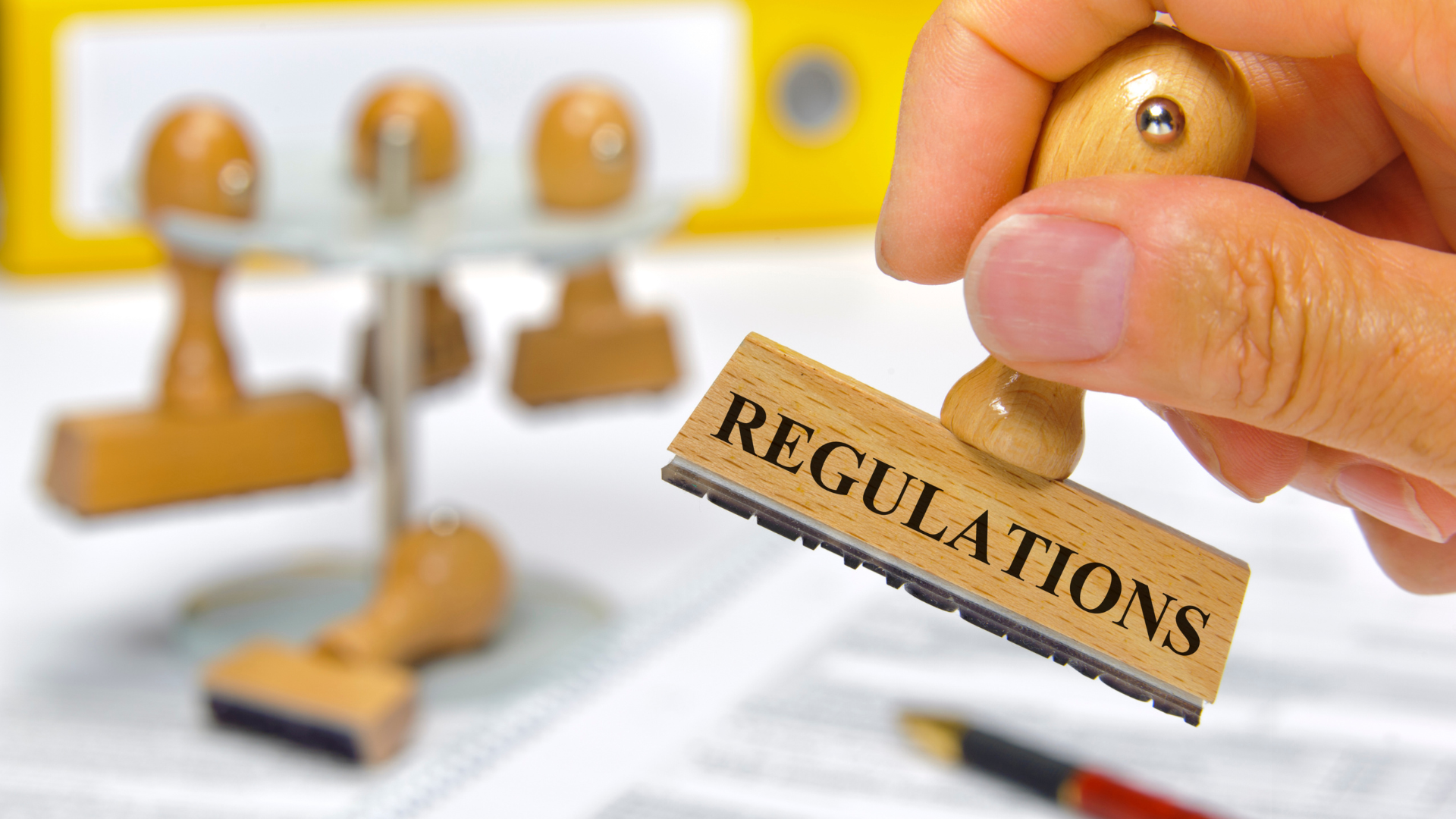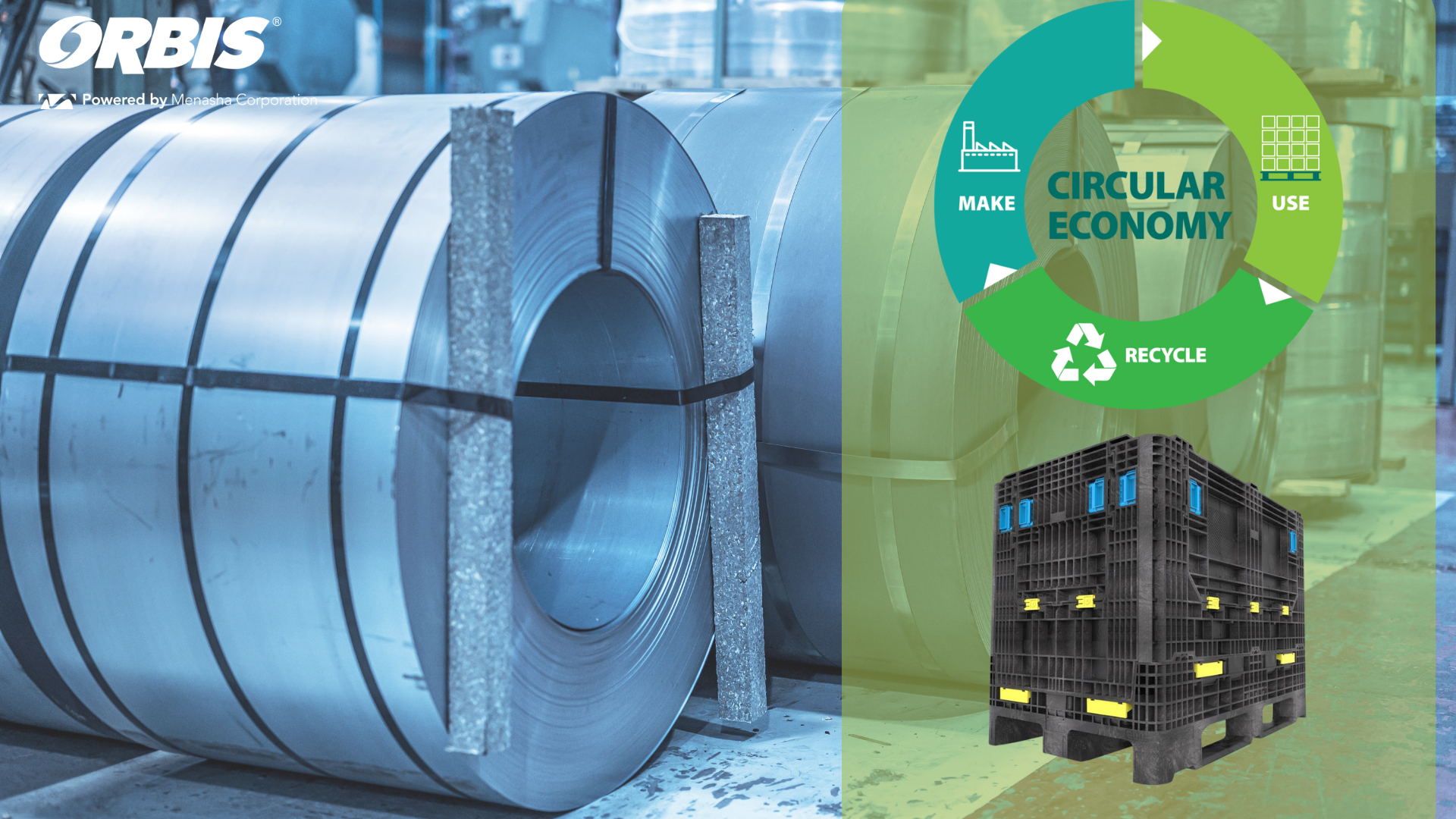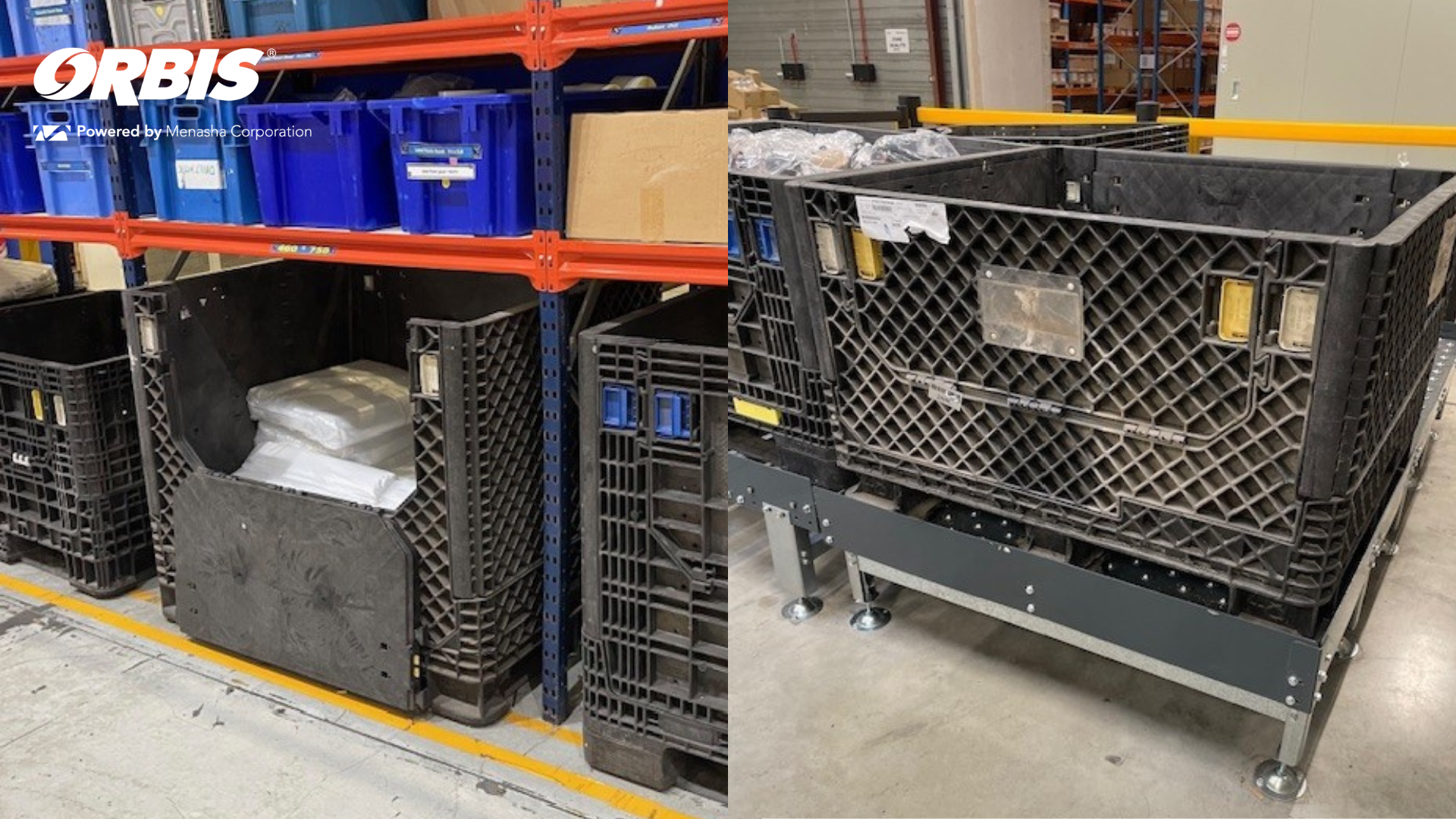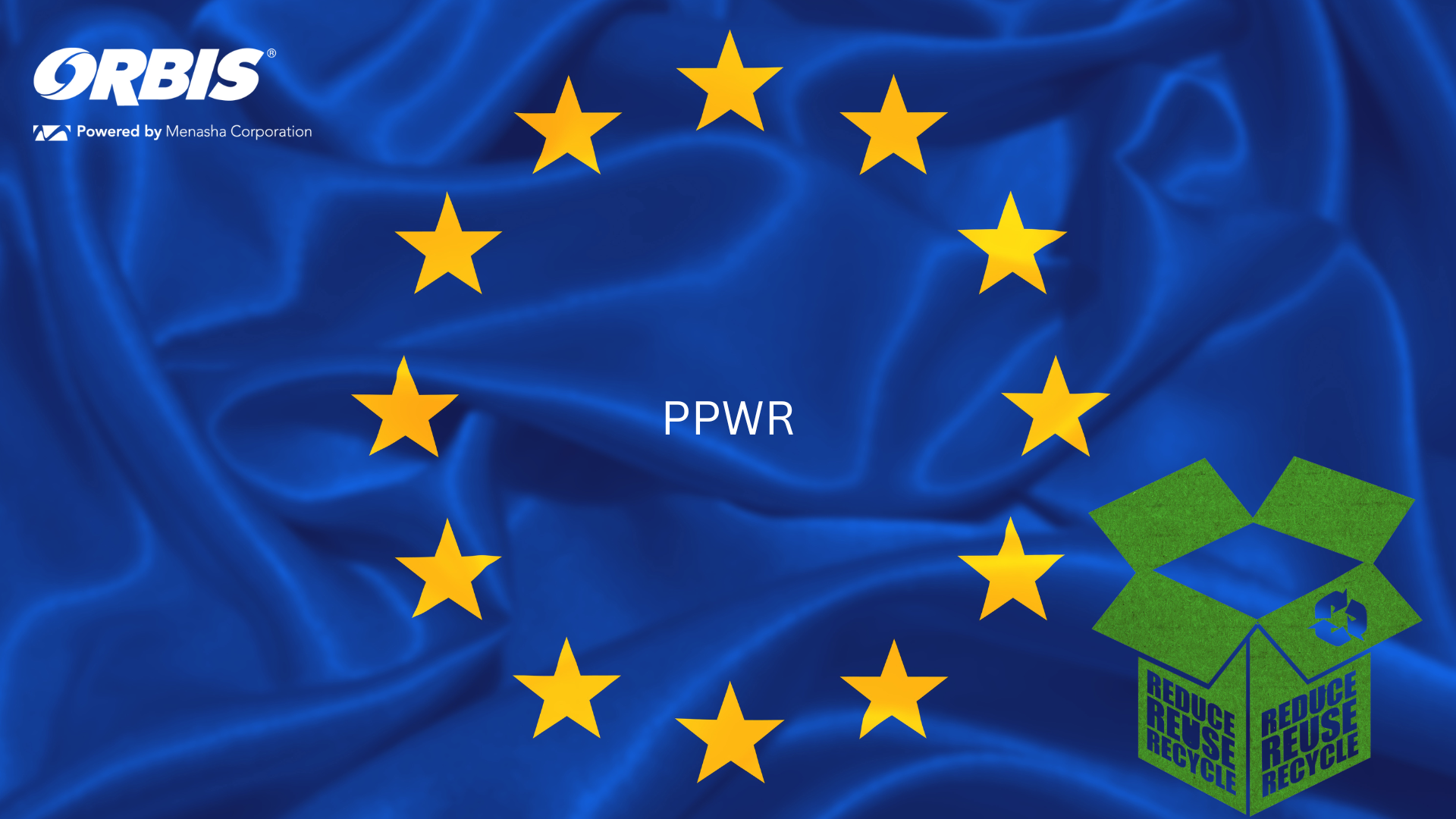
21 May FAQ on the new EU Packaging Regulation (PPWR)
The most important questions answered in a nutshell
FAQ on the new EU Packaging Regulation (PPWR)

The new EU Packaging Regulation (PPWR) brings major changes for companies that use, produce, or distribute packaging. To help you stay on top of things, we’ve compiled answers to the most important questions in the following FAQs – practical, understandable, and to the point.
- What exactly is the PPWR, and what are the EU’s goals with it?
The PPWR ( Packaging and Packaging The Waste Regulation is an EU regulation that applies to all member states. Its goal is to make all packaging in the EU reusable or fully recyclable by 2040 in order to reduce the ever-increasing volume of packaging waste. Furthermore, the regulation calls for the expansion of reusable systems and the increased use of recycled materials.
- When does the regulation apply and what transition periods are there?
- The PPWR formally entered into force on February 11, 2025. The general provisions of the regulation will apply from August 12, 2026, although some specific obligations will take effect earlier. Transition periods of between three and ten years apply depending on the packaging type and industry. However, organizations should start the transition now to avoid risks and additional burdens
- What specific requirements does the PPWR place on companies?
The PPWR obliges companies, among other things, to:
- To make packaging reusable and recyclable
- to minimize the use of materials – for example, by avoiding unnecessary packaging
- reusable packaging into B2B supply chains (pallets, large load carriers, containers)
- labelling requirements (material information, disposal instructions)
- Recycled material quotas must be met (e.g. 35 percent recycled content for certain plastic packaging)
- Which packaging materials and concepts are considered particularly future-proof in the context of the PPWR?
Materials and packaging concepts that support the circular economy and are designed for separability, recyclability, and resource efficiency are future-proof. Suitable materials include reusable plastics, monomaterials with high recyclability, packaging with recycled content , and efficiently stackable and nestable packaging for space- and emission-saving return transport.
- What measures do companies need to take now?
Companies should now analyze how the PPWR will impact their business and which requirements of the regulation they must comply with. This is especially true if they operate in the EU or deliver to it. The first step is to review the existing packaging portfolio: Which packaging is affected? Next, they need to adapt their packaging strategy to the new requirements – particularly through the use of reusable and recyclable solutions. It is also important to collaborate with supply chain partners early on to jointly develop viable solutions.
- In addition to compliance with regulations, what other benefits do companies have when they switch to sustainable packaging early?
When organizations use sustainable packaging, they generate real added value – beyond simply fulfilling their obligations. Reusable solutions save costs and conserve resources by using less packaging material. By making their supply chain more sustainable and better preparing for customer demands and future environmental standards, they also create competitive advantages.
- What consequences do companies face if they do not implement the PPWR requirements in a timely manner?
Companies that fail to act face severe repercussions: In addition to heavy fines, they face delivery delays, product bans, or even exclusion from the EU market. Since implementation takes time—for example, for new packaging solutions and coordination with partners—it’s advisable to take action now. This means proactively adapting processes, investing strategically, and adapting your own supply chain to future requirements.
- How does ORBIS Europe support companies in meeting the requirements of the PPWR?
ORBIS Europe is a key partner for organizations seeking to make their packaging solutions future-proof and PPWR-compliant. We develop reusable plastic containers and pallets designed for durability, efficiency, and recyclability.
We support companies on their way to PPWR compliance – in a practical and individual way :
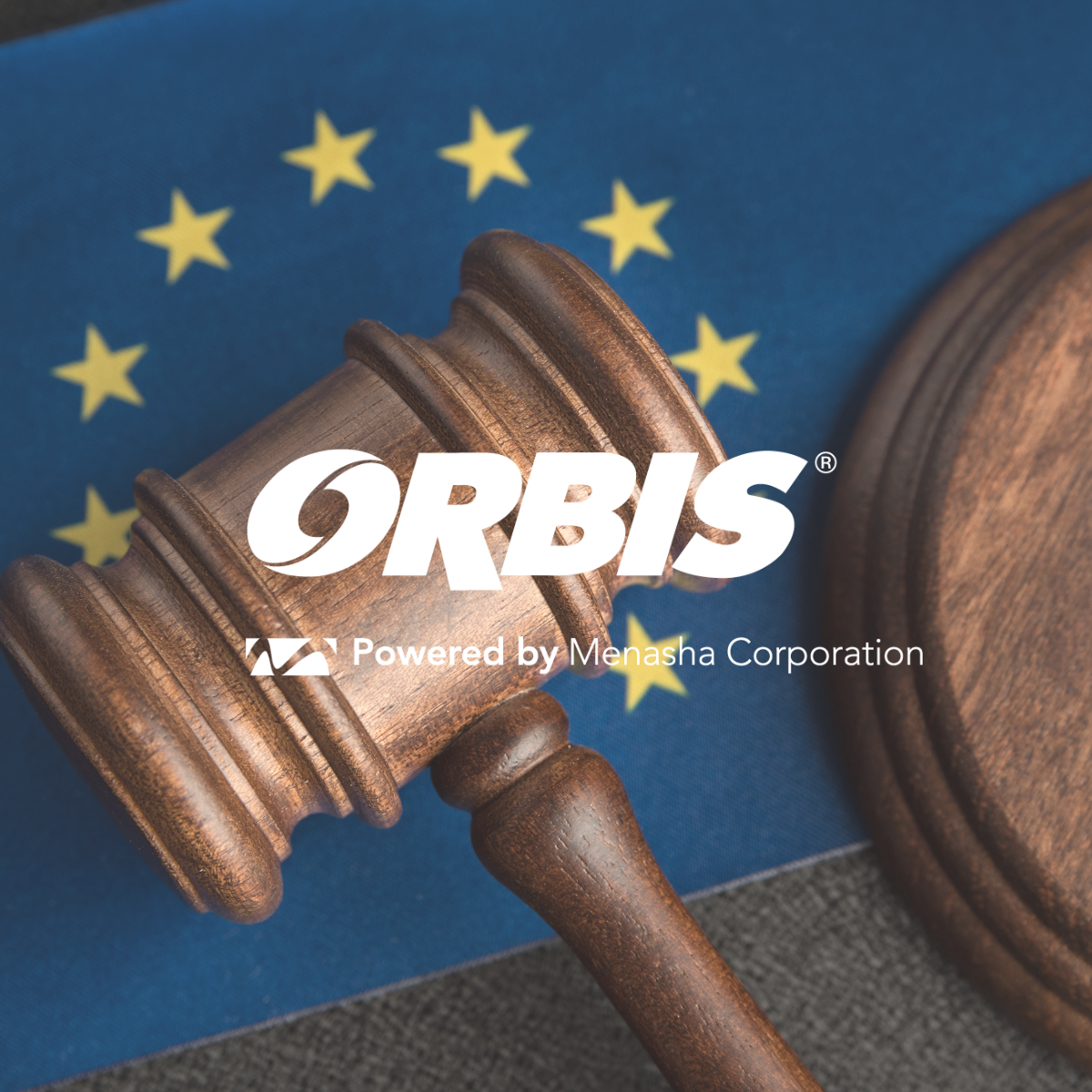
2. We identify packaging solutions that are efficient, durable and reusable.
3. We help reduce material usage , optimize logistics processes and comply with regulations.
Together, we can create sustainable, future-proof packaging solutions , cost-effective and compliant. Because the consequences of packaging waste are no longer socially and politically acceptable, and regulatory pressure will continue to increase. Therefore, take action now!
If you need further information or have questions about PPWR, contact us!
Contact
+49 2233 619 2072

